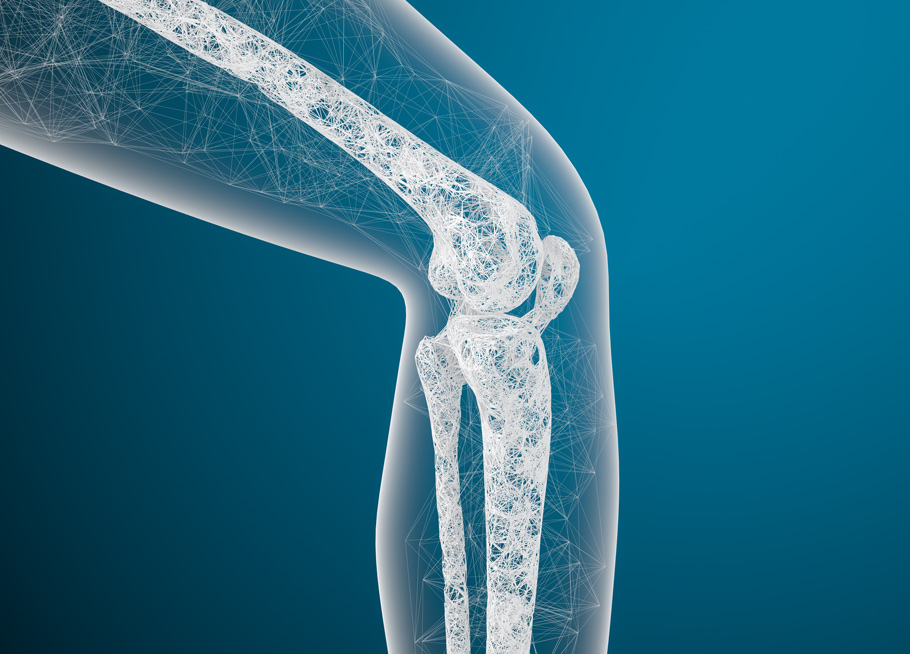
Rheumatoid arthritis is a fairly common autoimmune disease that tends to first strike in middle-age. As a private rheumatologist in London, I work with patients to help alleviate the pain of rheumatoid arthritis and slow down the progression of the disease.
I tend to recommend the most common treatments for this disease. However, there are times when less common treatments are called for, and such treatments are evaluated on a case-by-case basis. In this post I’ll discuss how the disease is normally treated in the UK. But first, a quick introduction is necessary.
What Causes Rheumatoid Arthritis
In a healthy person, the immune system attacks foreign invaders like bacteria and viruses in order to maintain health. In someone with rheumatoid arthritis, the body mistakes healthy cells as foreign invaders and sets about to get rid of them. The immune system targets the synovium – the lining between joints – by releasing inflammatory agents.
Inflammation is a normal and natural part of immune protection. Unfortunately, it is what causes the pain and swelling in arthritic joints. My goal as a rheumatology consultant is to reduce the swelling and manage the pain. If a treatment can help calm down the immune system as well, it is worth looking at.
Most Common Treatments
If you were to seek me out as your rheumatology consultant, I would first assess your case and then work with you to develop a treatment plan. Here are some of the more common rheumatoid arthritis treatments we would discuss:
1. DMARDs
Disease-modifying anti-dramatic drugs (DMARDs) are normally the place to start with new rheumatoid arthritis patients. These drugs can slow down the progression of Rheumatoid Arthritis and help control the symptoms. They work by blocking the effects of the inflammatory agents released by the immune system.
2. Biologics
In rheumatology we can also use very advanced medications called Biologics in conjunction with DMARDs. Biologics are biological medicines that, in this case, are intended to suppress the immune system to some degree. Such medications are administered here in the UK by injection only.
3. NSAIDs
NSAIDs are non-steroid anti-inflammatory drugs. These are drugs like ibuprofen and naproxen. We prescribe them for the purposes of reducing inflammation and minimising pain. The downside to NSAIDs is that they do nothing to slow down the progression of rheumatoid arthritis.
4. Steroids
We sometimes turn to steroids for short-term use. These can be helpful in reducing inflammation, pain, and stiffness. Steroids can be administered via injection or by tablet. Again, we prefer them for short-term use only. Why? Because steroids have some undesirable side effects.
5. Therapy
Both occupational and physiotherapy can help strengthen damaged joints over time. They can also help prevent stiffness. Though therapy may be uncomfortable in the short term, it can improve the way patients feel by reducing pain and supporting flexibility.
6. Complementary Therapies
Last but not least are complementary therapies such as acupuncture, chiropractic, and massage. These types of therapies are recommended on a case-by-case basis because there is little clinical evidence supporting their efficacy in the long term. If a rheumatology consultant believes such therapies can help in the short term, they may be recommended.
If you have been looking for a private rheumatologist in London to help you with rheumatoid arthritis, my office is accepting new patients. Schedule a visit at your earliest convenience. Let us work together to minimise your pain, slow down the progression of Rheumatoid Arthritis, and allow you to live your best life to its maximum potential.
Article by Dr. Naveen Bhadauria



